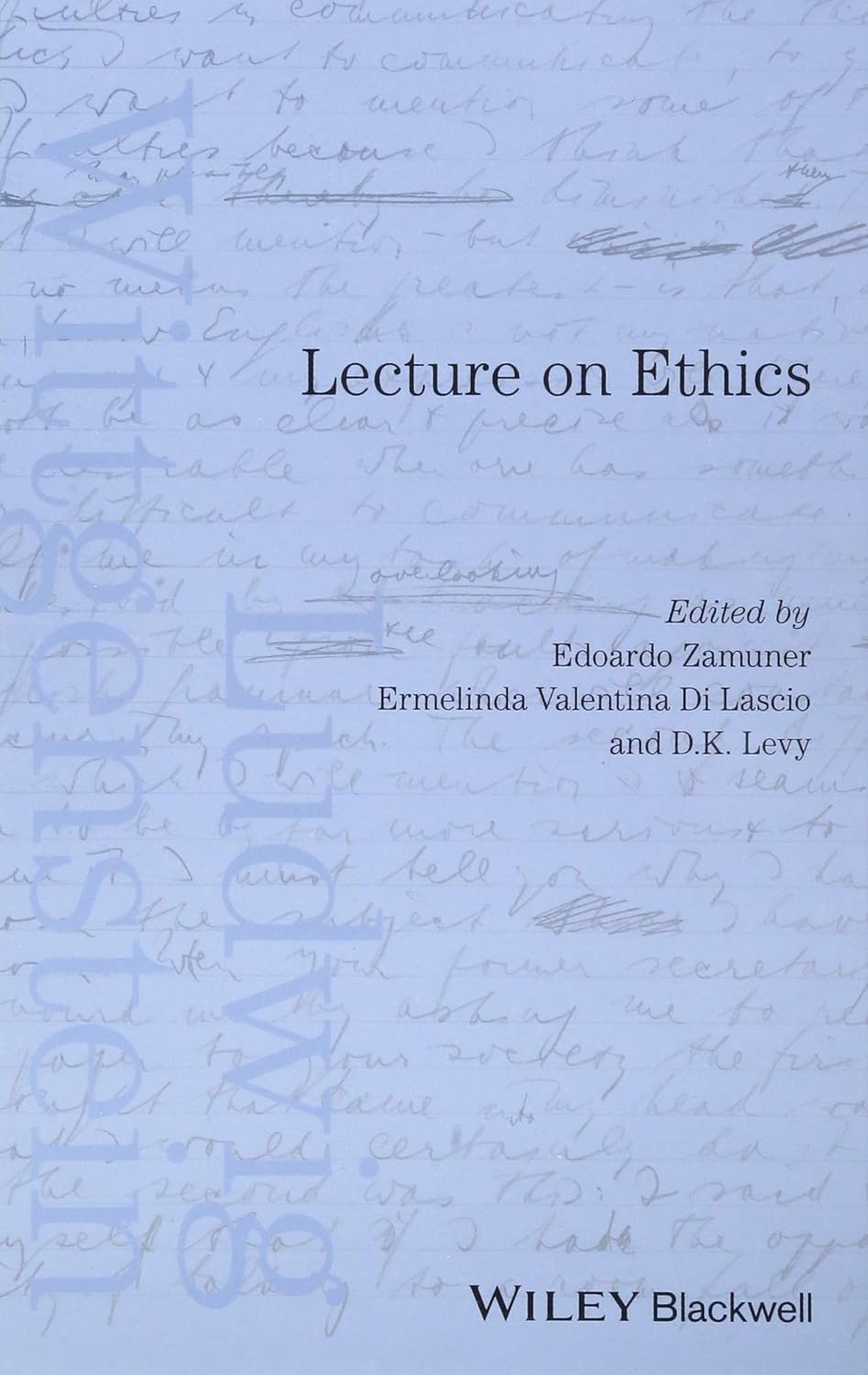What do you think?
Rate this book


Unknown Binding
First published January 1, 1929
Another alternative would have been to give you what is called a popular-scientific lecture, that is a lecture intended to make you believe that you understand a thing which actually you do not understand, and to gratify what I believe to be one of the lowest desires of modern people, namely the superficial curiosity about the latest discoveries of science.
My whole tendency and I believe the tendency of all men who ever tried to write or talk ethics or religion was to run against the boundaries of language.
La Ética, en tanto surge del deseo de decir algo acerca del significado último de la vida, del bien absoluto, de lo absolutamente valioso, no puede ser una ciencia. Lo que dice no le agrega absolutamente nada a nuestro conocimiento en ningún sentido (p. 43).